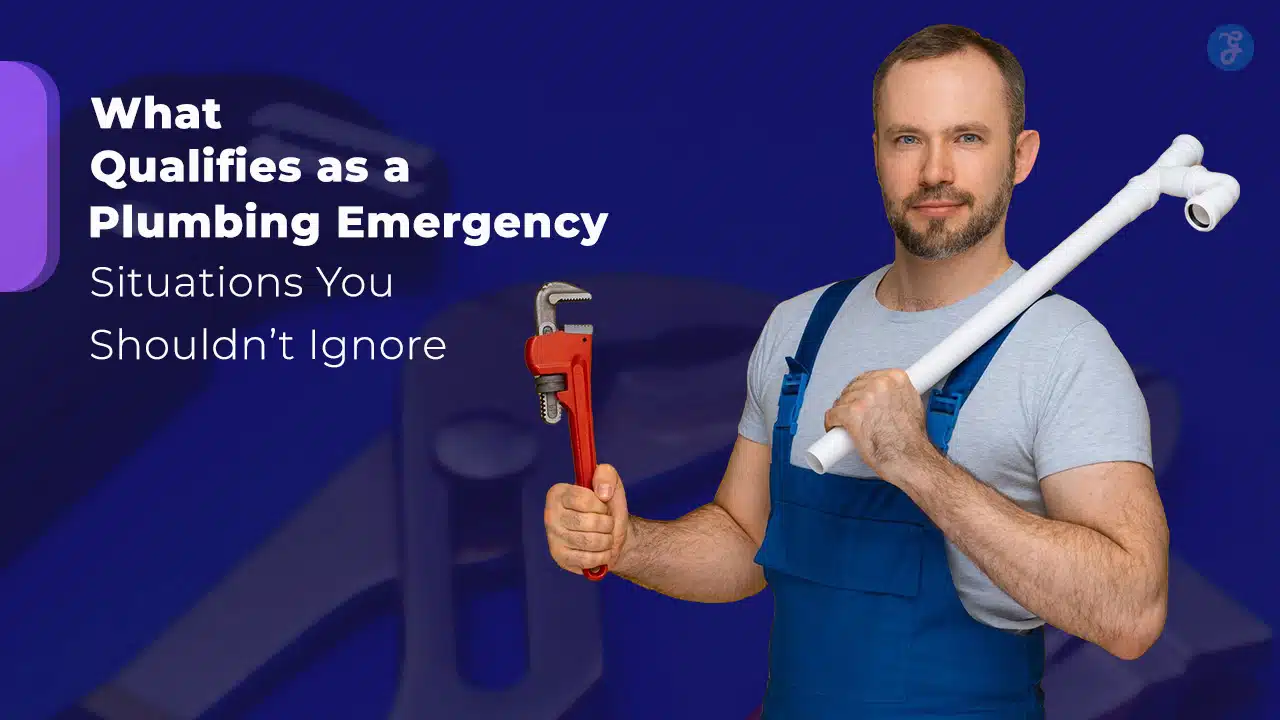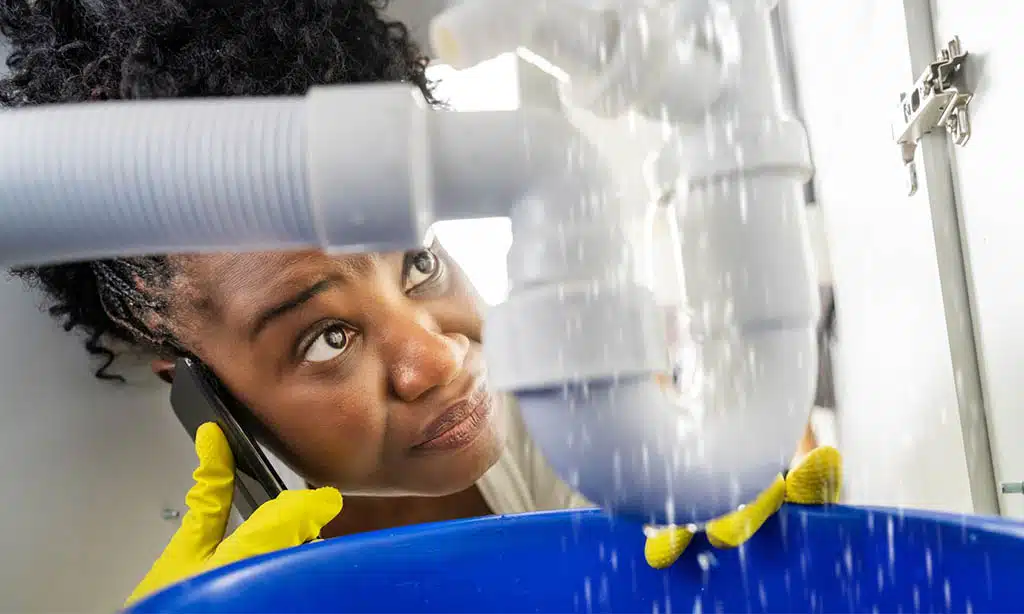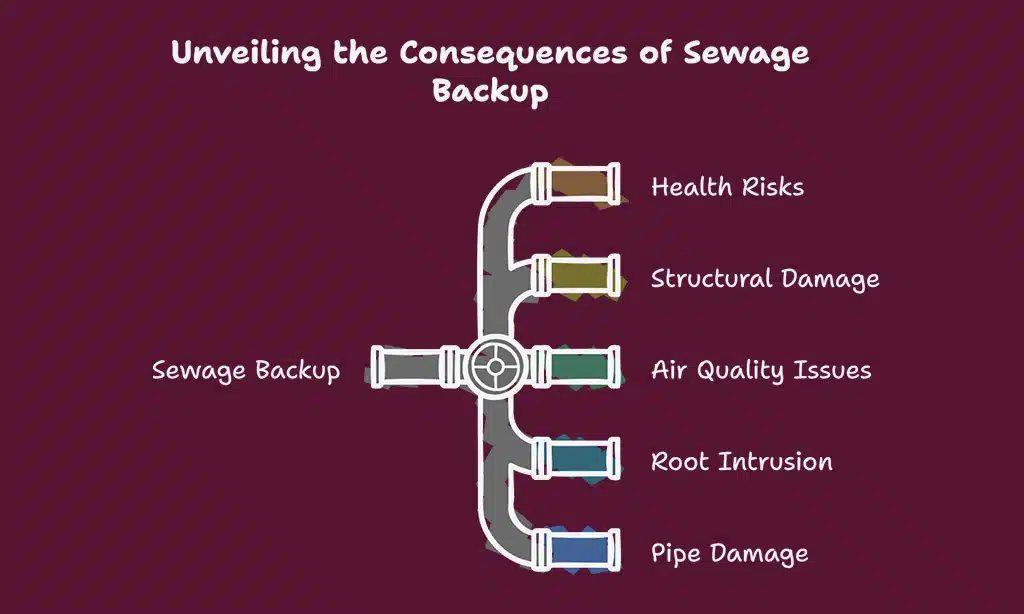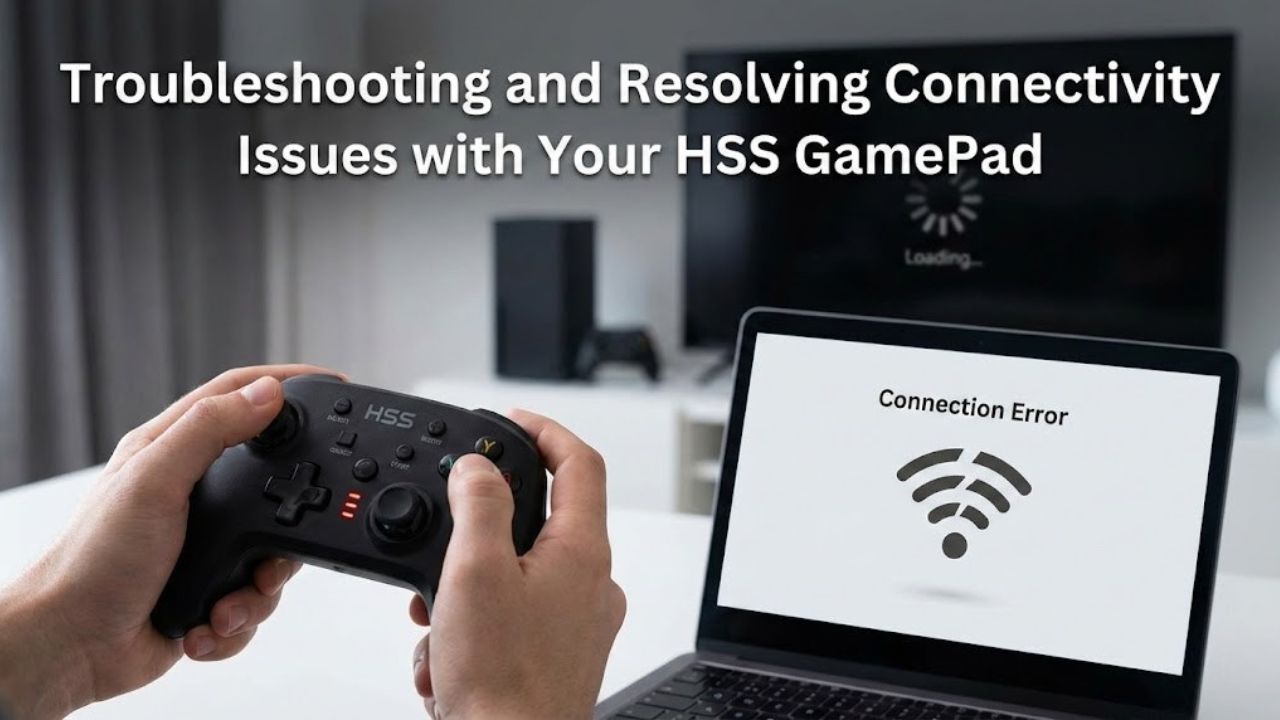Plumbing problems happen when you least expect them. A burst pipe or overflowing toilet can ruin your day fast. These issues cause stress, water damage, and even health risks if ignored.
Did you know a small leak can lead to mold growth? It’s true. What starts as a drip can turn into major repairs and higher bills. Knowing what counts as an emergency helps you act quickly.
In this post, we’ll share seven plumbing emergencies that need fast attention. Keep reading—you don’t want to miss this!
Key Takeaways
- Burst pipes, gas leaks, and sewage backups are serious plumbing emergencies. Act fast to avoid damage or health risks.
- Overflowing toilets and clogged drains can cause flooding and spread bacteria. Shut off water and call a plumber quickly.
- Low water pressure or no water often signals hidden leaks or frozen pipes. Fix these issues before they worsen.
- Water heater failure leads to no hot water, strange noises, or rust-colored water. These need quick repair for safety and comfort.
- Small drips waste up to 10,000 gallons of water yearly per home. Hidden leaks also lead to mold growth and costly repairs if ignored.
Burst or Damaged Pipes
Burst pipes can flood your home fast. Freezing winter weather often causes this, as water expands when it freezes, cracking pipes. Damaged pipes may also leak slowly, causing hidden water stains or mold growth over time.
Both problems lead to costly repairs if ignored.
Quick action is key to prevent disaster. Turn off the main water valve right away. Clean up any standing water to avoid structural damage or sagging ceilings. Call an emergency plumber immediately for help fixing the issue and stopping further water leaks.
Overflowing Toilets
Overflowing toilets can flood your bathroom fast. Standing water carries harmful bacteria and viruses, posing health risks. This mess may point to deeper clogs in the pipes or sewer line issues.
Act quickly to avoid water damage. Turn off the toilet valve behind the tank right away. If that doesn’t stop it, shut off your home’s main water supply instead. Call an emergency plumber for help before things get worse like mold growth or structural problems.
Clogged Drains
Clogged drains cause headaches fast. Slow drainage, bubbling water, or puddles are clear signs. Tree roots often invade pipes and worsen the problem. Debris buildup also plays a big role in blocking flow.
Avoid chemical drain cleaners. They can harm your plumbing systems over time. Call an emergency plumber for help instead. Regular drain cleaning keeps pipes healthy and prevents bigger issues later on.
Water Heater Failures
No hot water can ruin your day fast. A broken water heater interrupts showers, cooking, and cleaning. If you notice rust-colored water or hear strange noises from the tank, act quickly.
These signs point to trouble that needs an emergency plumber.
A gas smell near the heater is dangerous. It could signal a gas leak paired with failure. Cold winter months make this worse for kids and seniors who rely on warmth. Call for water heater repair before it causes more damage or risks safety!
Backed-Up Sewage
Sewage backup creates big problems. Dirty water can rise through toilets, sinks, or showers. It spreads odors and harmful bacteria fast. Breathing sewer gas from backed-up drains endangers your health.
Even a small sewage pool can mean trouble for indoor air quality.
Tree roots often block sewer lines underground. Broken pipes also cause backups in homes, especially older ones. If wastewater pools in places like a shower drain or laundry area, act fast to stop structural damage or mold growth.
Calling an emergency plumber right away prevents worse disasters later on!
Gas Leaks
A gas leak is no joke. The smell of sulfur or rotten eggs could mean danger. Natural gas doesn’t have a scent, so companies add chemicals like mercaptans to warn you. You might hear hissing sounds or see blue flames turn orange.
These are all red flags.
Gas leaks harm your health fast. You may feel dizzy, get headaches, have breathing trouble, or even nosebleeds. Skin and eyes can feel irritated too. Long exposure makes things worse and can be deadly without quick action.
Always call an emergency plumber if you suspect a gas leak, for your safety and peace of mind!
Low Water Pressure or No Water Supply
Low water pressure can ruin daily tasks. Damaged pipes or a faulty pressure valve often cause this issue. It may start small, like weak flow from one tap, but can spread to others fast.
No clean water stops cooking, showering, and even handwashing. These problems affect hygiene and comfort quickly.
Suspect frozen pipes during winter if the water supply stops completely. Pressure issues might hint at hidden leaks or severe pipe damage that needs fixing right away. An emergency plumber can locate the problem before it worsens into costly structural damage or mold growth in walls and ceilings.
Other Major Water Leaks
A dripping faucet might seem minor, but it wastes gallons of water daily. Silent leaks are worse and often go unnoticed. They lead to mold growth, structural issues, and high water bills.
Signs include blistering paint, sagging ceilings, or water stains on walls.
Hidden pipe damage can ruin floors or foundations over time. These leaks waste about 10,000 gallons annually per home. Nationwide, that’s over 1 trillion gallons lost every year—enough for more than 11 million homes! Act fast at the first sign of trouble to prevent costly repairs and save water.
Takeaways
Plumbing emergencies can strike anytime. Burst pipes, gas leaks, or overflowing toilets need fast action. Ignoring them risks water damage and safety hazards. Call a licensed plumber right away to fix serious issues.
Protect your home and health by acting quickly!
FAQs
1. What counts as a plumbing emergency?
A plumbing emergency includes situations like burst pipes, overflowing toilets, gas leaks, or severe water damage that can cause structural issues if ignored.
2. How do I know if I need an emergency plumber?
If you have problems like sewage backups, frozen pipes, or a sagging ceiling from water leaks, call an emergency plumber right away to prevent further damage.
3. Can low water pressure be an emergency?
Yes, low water pressure could mean damaged pipes or clogged drains. It might also signal bigger issues like tree roots in your sewer line.
4. Is a rotten egg smell dangerous?
Yes! A rotten egg smell often points to a gas leak or natural gas issue. Shut off the gas valve and contact emergency plumbing services immediately for safety.
5. Are dripping faucets considered emergencies?
Usually not—but if they lead to significant water wastage or raise your bills fast, it’s best to schedule preventive maintenance with a licensed plumber soon.
6. Why is my toilet overflowing repeatedly?
An overflowing toilet may result from drain clogs or backflow issues in your sewer system. Emergency plumbing help can fix this before it leads to pollution or mold growth in your home.







































